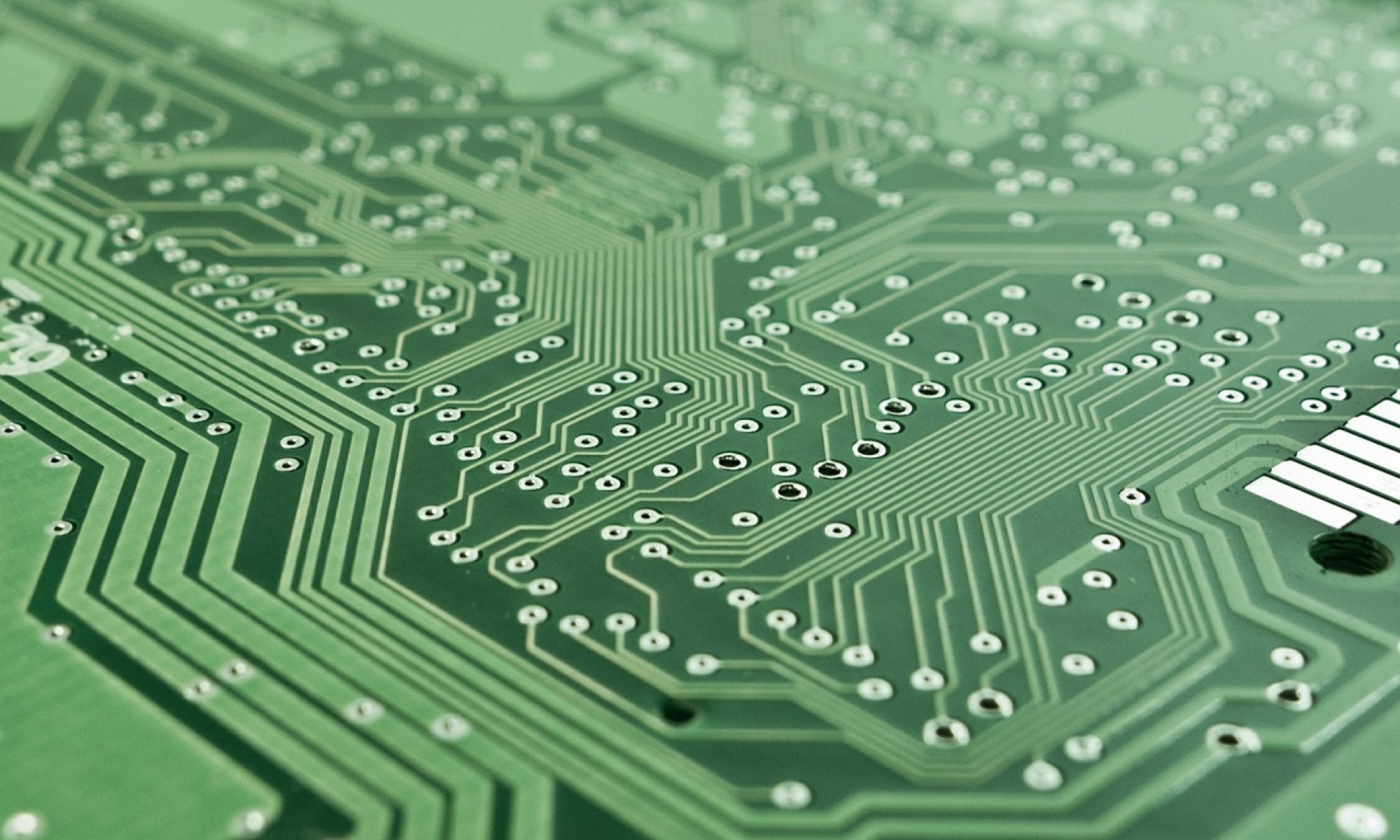Note: This post was written by SEI staff, Aida Sefic Williams.
When talking about electronics recycling, most people would agree that it is a good idea. As a matter of fact, I am also confident that if you told people there is a place close to them which offers responsible electronics recycling, they would be more than happy to recycle old computers, cell phones, etc. But what happens when you ask someone to pay to have something recycled? Then the idea of recycling does not look nearly as appealing as before. This raises a very good question – who is responsible for electronics recycling?
This is a much-debated issue in the electronics world. Let’s face it–if a consumer paid a substantial amount of money for a computer, he or she will not be thrilled with the idea of paying more money to dispose of the computer. For many individuals in such a case, the option of storing an old computer sounds better than recycling it for a fee. Manufacturers are also not jumping for joy to recycle and dispose of electronic components with their money. So, once again, whose responsibility is it? Continue reading “Electronics Recycling Responsibility”


![ewaste-computer-recycling-image[1]](http://wp.istc.illinois.edu/sei/files/2009/11/ewaste-computer-recycling-image1.jpg) Note: This post was written by SEI staff member, Amy Cade.
Note: This post was written by SEI staff member, Amy Cade.